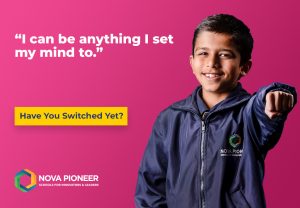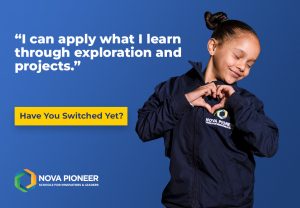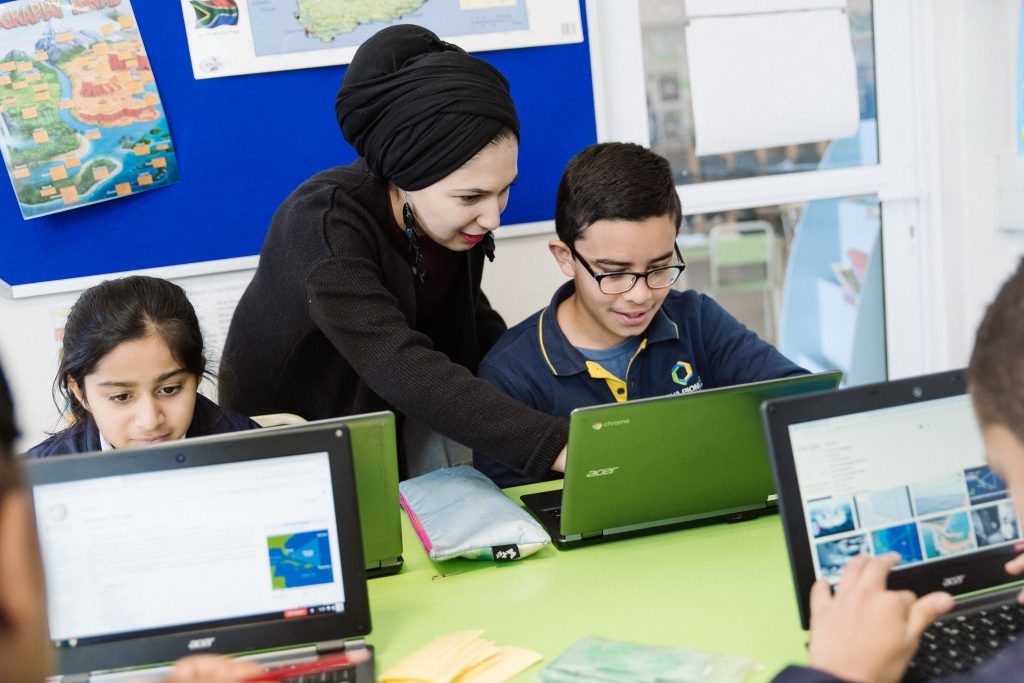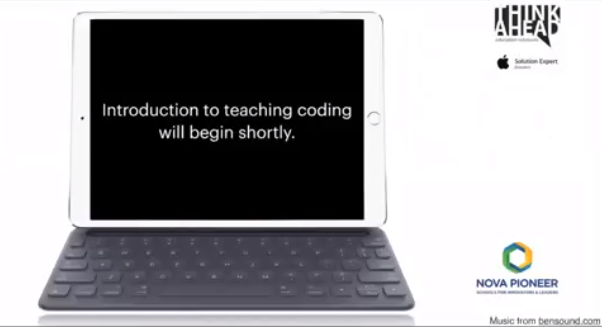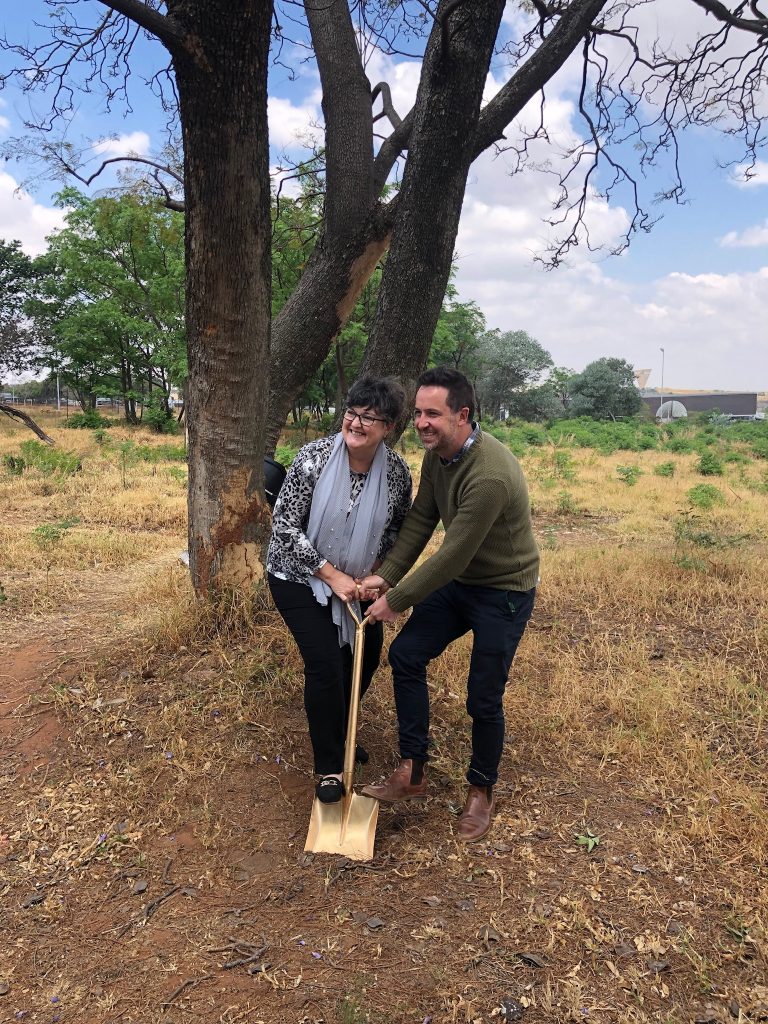Why Nova Pioneer Emphasises Inquiry-Based Learning
At Nova Pioneer, we believe that education should go beyond memorisation and test preparation. We aim to develop curious, critical thinkers who are equipped not just with knowledge, but with the skills to explore, question, and solve real-world problems. That’s why inquiry-based learning (IBL) is a cornerstone of how we
At Nova Pioneer, we believe that education should go beyond memorisation and test preparation. We aim to develop curious, critical thinkers who are equipped not just with knowledge, but with the skills to explore, question, and solve real-world problems. That’s why inquiry-based learning (IBL) is a cornerstone of how we teach.
What is Inquiry-Based Learning?
Inquiry-based learning is a student-centered approach where learners are actively involved in constructing their own understanding. Rather than being told what to learn, students are encouraged to ask questions, investigate solutions, and build knowledge through exploration and discovery.
This method doesn’t eliminate structure, instead, it shifts the role of the teacher from the “giver of information” to a facilitator of learning, guiding students through the process of inquiry. Structure is still maintained through clearly defined learning goals, scaffolded tasks, guided feedback, modeling of quality responses, and rubrics that help students stay focused and measure progress while they explore.
Why It Matters at Nova Pioneer
1. It Encourages Curiosity and Independent Thinking
At the heart of inquiry-based learning is curiosity. Our classrooms are designed to nurture a child’s natural desire to ask “why” and “how.” Students learn to take initiative in their learning, helping them become independent thinkers who are not afraid to explore ideas or challenge assumptions. This confidence to question and think critically lays a foundation for life-long learning engagement, both inside and outside the classroom.
2. It Builds Critical Skills for the Future
In a world where the job market is rapidly changing, skills like problem-solving, collaboration, communication, and creativity are more important than ever. Inquiry-based learning creates real opportunities for students to practice and develop these skills — preparing them for future success in any field. Assessment in this model goes beyond traditional tests to include project-based tasks, peer feedback, and reflective practice, all of which mirror real-world application and thinking.
3. It Deepens Understanding, Not Just Surface Knowledge
When students explore concepts themselves, they retain and understand them more deeply. Inquiry-based learning transforms knowledge into meaning. Whether it’s through experiments, group discussions, or project-based tasks, students connect learning to their world in meaningful ways. By constructing their understanding, students become active participants in learning, a key factor in long-term retention and conceptual and critical skills mastery
4. It Aligns with the Cambridge Curriculum
Nova Pioneer follows the globally respected Cambridge curriculum, which is designed to foster critical thinking, reasoning, and analysis. Inquiry-based learning complements this curriculum by placing emphasis on how students learn, not just what they learn — making lessons more engaging, relevant, and effective. This alignment ensures that our students are not only prepared for assessments, but also equipped with the mindset and skills Cambridge values: independence, flexibility, and analytical thinking
5. It Cultivates a Lifelong Love of Learning
When students are actively involved in their learning, they feel empowered. That sense of ownership leads to deeper engagement and a genuine love for learning — something we aim to instil in every Novaneer. (“Novaneer” is what we proudly call our students. Young pioneers who are bold, curious, and ready to shape the future.)
How We Bring It to Life
At Nova Pioneer, you’ll find inquiry-based learning integrated into everything from science experiments and writing workshops to leadership projects and even sports strategy. Our teachers are trained to create safe, stimulating environments where questions are welcomed, mistakes are seen as learning moments, and discovery is part of everyday school life. For example, Grade 8 students might investigate energy transfer by designing and testing their own insulated containers to keep liquids hot or cold, applying concepts from thermal physics to real-life problem-solving, while Grade 9 learners debate ethical decisions in simulated business scenarios.
We also partner this method with regular feedback and reflection so students can continuously improve and take pride in their growth.
Students are coached and encouraged to track their learning journeys through personal goal-setting, helping them reflect on their growth and build metacognitive awareness.
Nova Pioneer isn’t just a school — it’s a launchpad for young minds.
By placing inquiry-based learning at the core of our education model, we equip students not just to succeed in exams, but to lead, innovate, and shape the future.
Through meaningful learning experiences, we aim to spark curiosity, nurture resilience, and cultivate the confidence to ask better questions, skills that will define tomorrow’s leaders.
